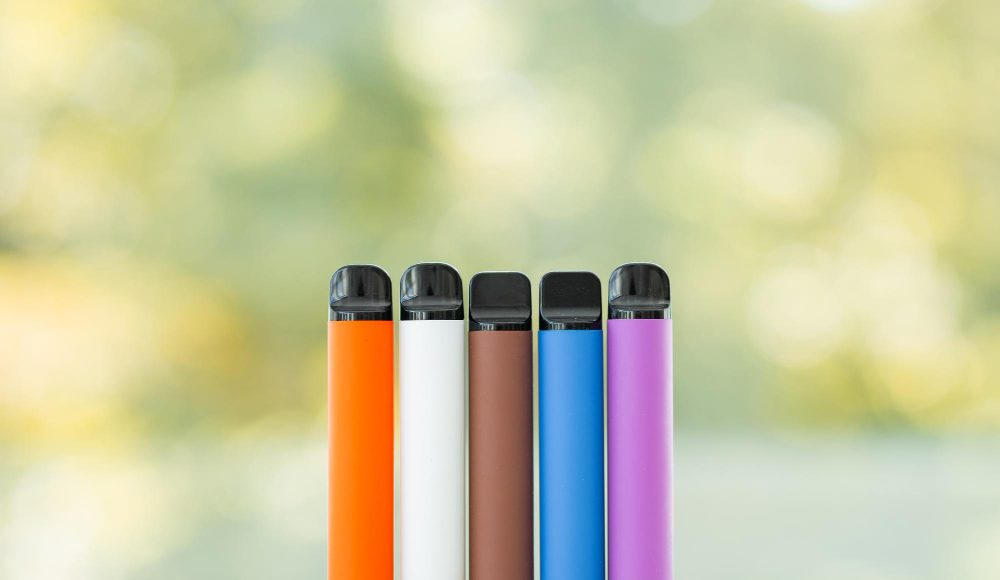
Only last month smoking cessation experts applauded New Zealand for cutting the tax on heated tobacco products by half, aiming to incentivize smokers to switch to these safer alternatives. Hence, proposals to place restrictions on vapes which would make them inaccessible to the same group of people, are inexplicable.
The Coalition of Asia Pacific Tobacco Harm Reduction Advocates (CAPHRA) is once again rasising some serious concerns about New Zealand’s Smokefree
Environments and Regulated Products Amendment Bill 2024, which alleges that it’s goal is reducing youth vaping. Like all other tobacco harm reduction entities, CAPHRA of course supports efforts to address youth vaping, however it highlights that the bill’s ban on disposable vapes, like prefilled tanks and pods, will harm adult vapers and smokers trying to quit.
The organization notes that many older adults and smokers rely on disposabless due to difficulty using refillable devices, and this ban could push them back to smoking, ultimately undermining the Smokefree 2025 goal. In fact, in line with these arguments, experts in the field have consistently explained that the affordbale and non-committal nature of disposable vapes make them an ideal entry point into vaping for most smokers.
Meanwhile, key issues raised about New Zealand’s bill include: the negative impact on older vapers; restrictions on the display of vaping products; and general accessibility concerns for adult users. CAPHRA suggests the use of age-gated technologies to prevent youth access without restricting adult users. The group also proposes allowing essential disposable products for older vapers and extending the consultation period to gather more feedback from consumers.
CAPHRA urges the government to adopt a balanced approach that restricts youth access while ensuring vaping remains accessible to adults trying to quit smoking. The group stresses the need for clear definitions, particularly distinguishing between disposable and closed system vapes, and calls for better regulation instead of outright bans. They cite examples from San Francisco and Australia, where bans fueled black markets and worsened youth vaping and smoking rates. The organization also addresses concerns about vape waste and supports ongoing recycling initiatives.
Alternative solutions
CAPHRA emphasized that solutions for all the raised concerns should include pragmatic regulations, effective enforcement, and a public health education program to ensure informed decision-making, rather than restrictive measures that limit adults’ ability to switch from smoking to safer alternatives. To this effect, the group has launched a campaign against the proposed Smokefree Environments and Regulated Products Amendment Bill, which includes video testimonials from vapers across New Zealand to share personal stories of how vaping helped them quit smoking.
On announcing the campaign, CAPHRA’s Executive Coordinator, Nancy Louces highlighted that closed pod systems, widely recognized as the most effective and user-friendly smoking cessation tools, are at risk. She highlighted that major clinical trials and all U.S. FDA-approved vapes involve these systems, making the proposed ban contradictory to evidence supporting vaping for harm reduction.
Similarly, international tobacco harm reduction advocates, including Clive Bates from the UK and Dr. Mendelsohn from Australia, criticized the legislation. Bates warned that the ban was a hasty reaction to concerns over youth vaping and could undermine New Zealand’s successful tobacco control efforts. While Dr. Mendelsohn emphasized that Australia’s own policy failures, should serve as a warning to New Zealand to avoid similar mistakes. Dr. Marewa Glover, a New Zealand behavioral scientist, opposes the ban on non-refillable e-liquid pods aswell, stating that it undermines a key feature of vaping: that has helped many quit smoking.
Another nation seemingly set on undoing achieved smoke-free progress
In other but similar circumstances, the World Vapers’ Alliance (WVA) has strongly criticized the UK’s Labour Party’s proposal to ban disposable vapes warning that it could harm public health efforts, particularly for vulnerable groups. WVA Director Michael Landl, argued that the ban would hinder smokers from switching to safer alternatives, pushing them toward the illegal market and disproportionately affecting lower-income individuals who rely on vaping to quit smoking.
Landl also highlighted that the ban could reverse years of progress in reducing smoking rates in the UK, citing research from UCL and King’s College London that warns of potential negative impacts on 2.6 million people. He called the policy a “reckless move” that could drive current vapers back to smoking, worsen health inequalities, and endanger millions of lives.
